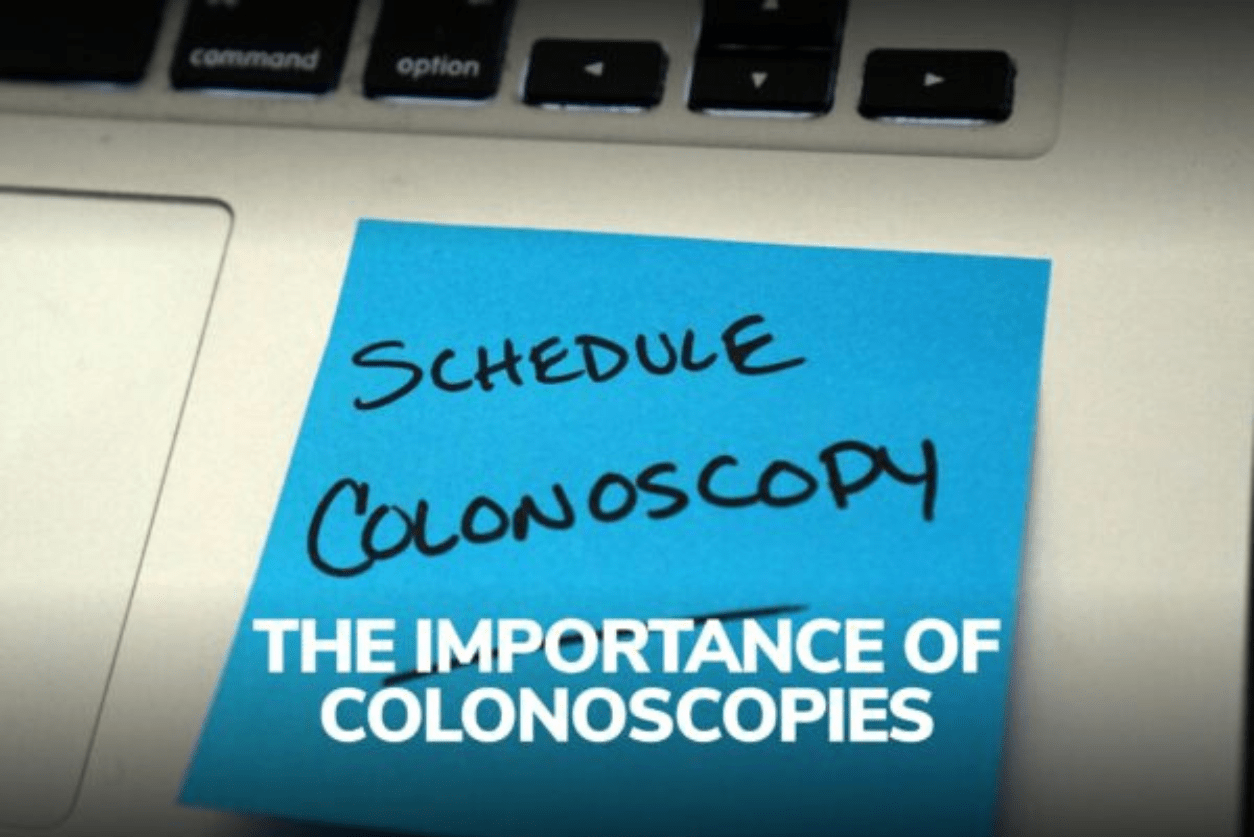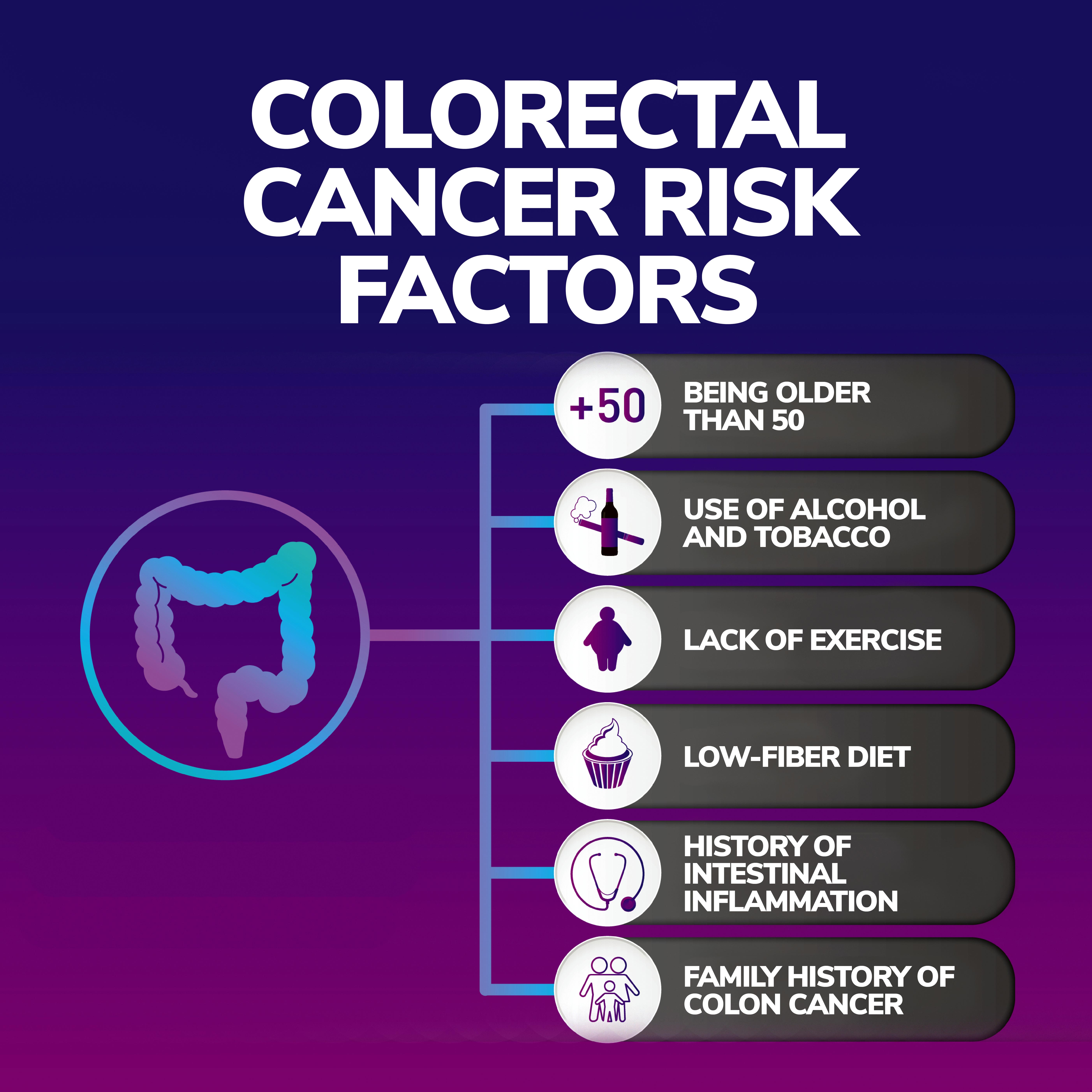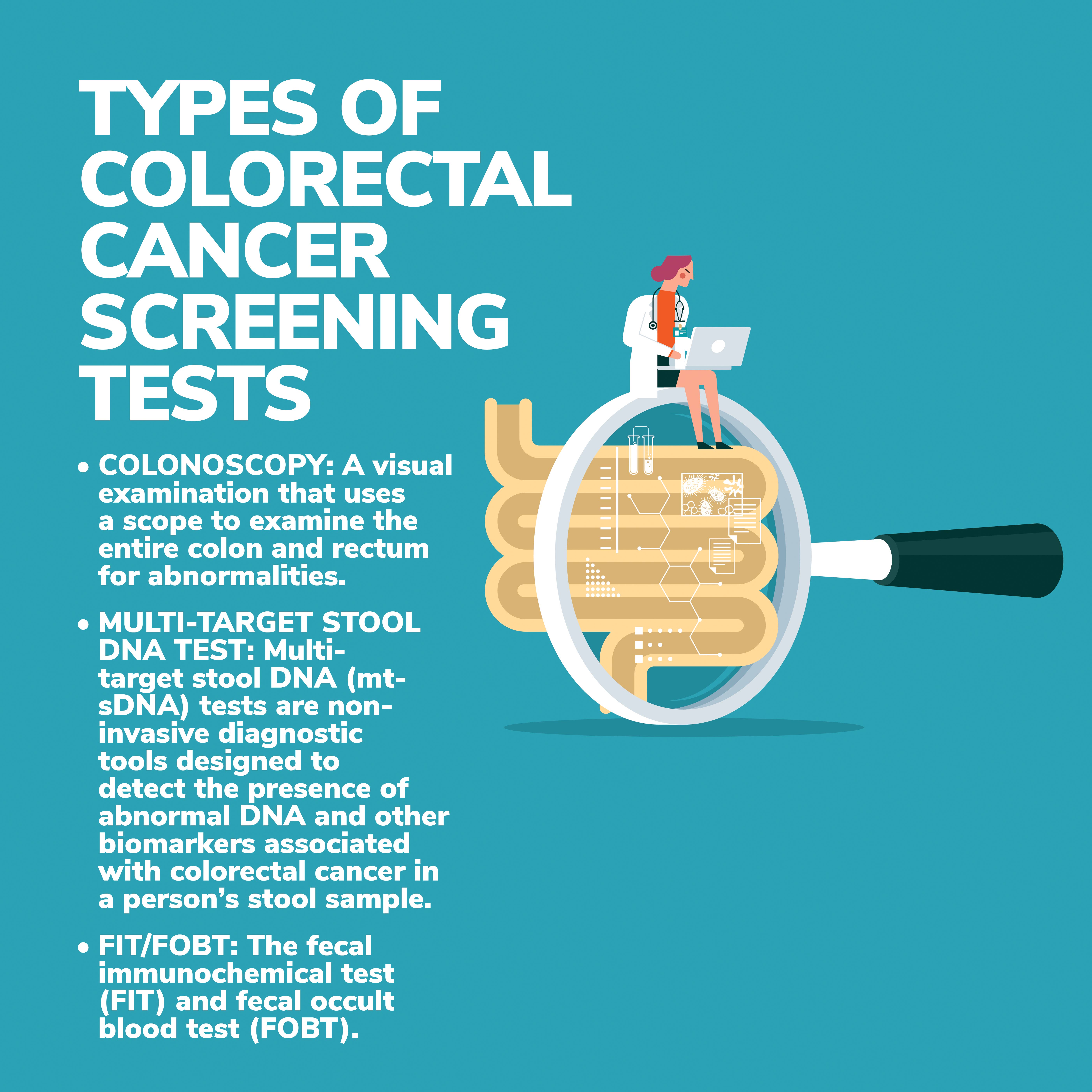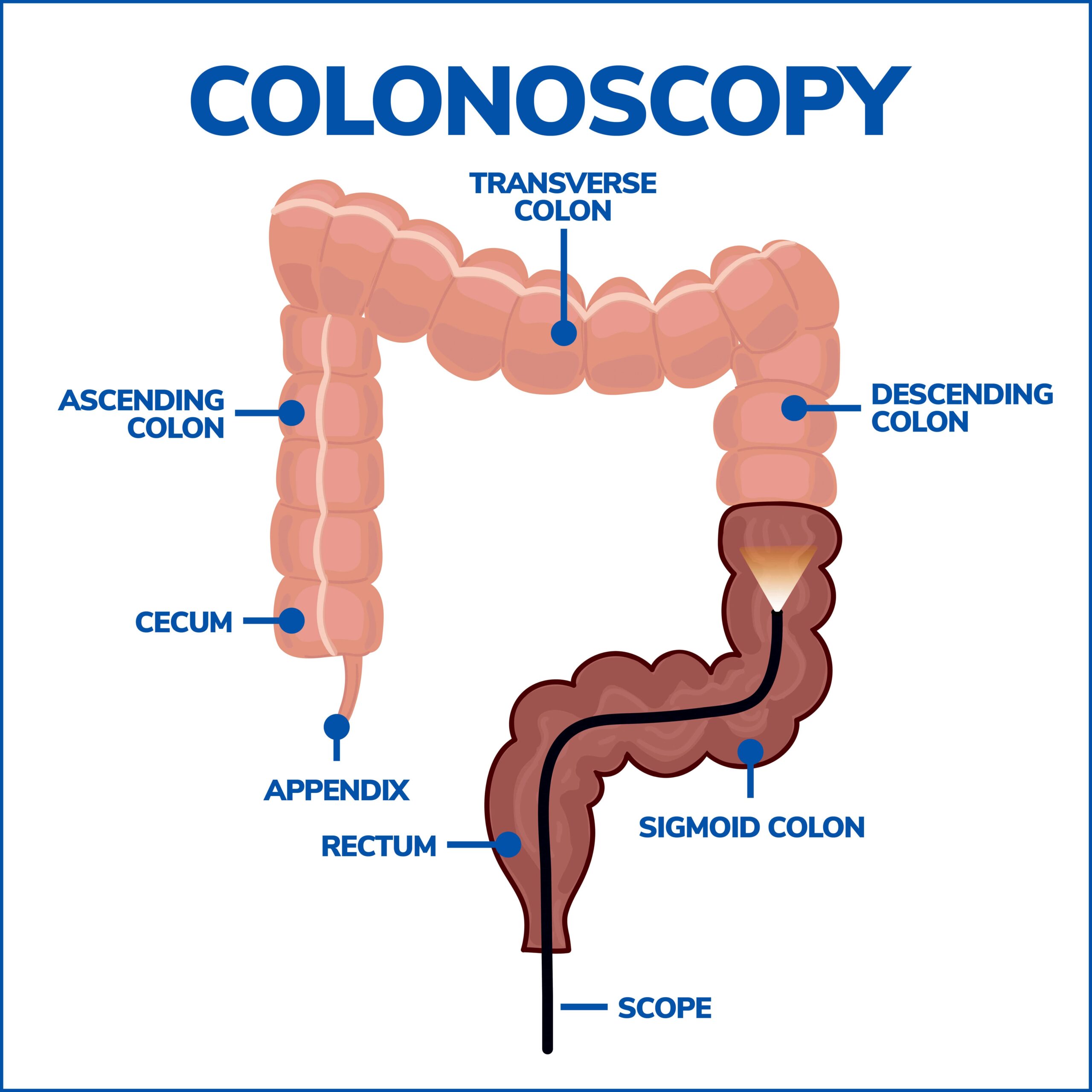
The Importance of Colonoscopies: Early Detection Saves Lives
Colon cancer, also known as colorectal cancer, is a significant health concern, ranking as the third most commonly diagnosed cancer in both men and women in the United States. It is also the second leading cause of cancer-related deaths. But with early detection and timely treatment, the chances of survival significantly improve.
Understanding Colon Cancer
Before going into the significance of colonoscopies, it is important to understand the nature of colon cancer. Colorectal cancer primarily affects the colon (large intestine) and the rectum. It typically develops from abnormal growths called polyps, which can be precancerous or cancerous. Over time, these polyps can transform into cancer if left untreated. While the exact cause of colon cancer is unknown, several risk factors contribute to its development, including age, family history, inflammatory bowel disease, and certain lifestyle factors.
The Rise in Colorectal Cancer Cases
In recent years, there has been a concerning rise in colorectal cancer cases among young and middle-aged individuals. Previously, the recommended age for colorectal cancer screenings was 50. Due to this alarming trend, the American Cancer Society revised its guidelines, recommending that screenings begin at age 45.
This change helps detect and address the increasing rates of colorectal cancer in younger populations. It is crucial for individuals with a higher risk of colorectal cancer, such as those with a family history or inflammatory bowel disease, to consult with their physicians to determine the best screening age and schedule based on their risks.

Importance of Regular Colorectal Cancer Screenings
Regular colorectal cancer screenings are vital for early detection as they can identify abnormal growths or cancerous cells in the colon or rectum. Detecting colorectal cancer in its early stages significantly increases the chances of successful treatment and survival. Colorectal cancer is most treatable when found early, making regular screenings a crucial part of maintaining a clean bill of health.
Types of Colorectal Cancer Screening Tests
There are various screening options available for colorectal cancer, including:
- Colonoscopy: A colonoscopy is a visual examination that uses a scope to examine the entire colon and rectum for abnormalities. It is considered the gold standard for colorectal cancer screening as it allows for the detection and removal of polyps during the procedure. The recommended frequency for colonoscopies is once every ten years unless follow-up is needed, based on the results.
- Multi-target Stool DNA Test: Multi-target stool DNA (mt-sDNA) tests, also known as stool-based DNA tests, are non-invasive diagnostic tools designed to detect the presence of abnormal DNA and other biomarkers associated with colorectal cancer in a person’s stool sample. These tests are utilized as part of colorectal cancer screening and prevention programs. They are recommended every three years and provides an alternative option for those who are hesitant to undergo a colonoscopy.
- FIT/FOBT: The fecal immunochemical test (FIT) and fecal occult blood test (FOBT) detect blood in the stool sample, which can show colorectal cancer. These non-invasive tests are recommended to be done annually. They’re convenient for early-stage cancer detection. A positive result prompts a follow-up colonoscopy for confirmation and treatment planning. Regular FIT/FOBT and other methods enhance early colorectal cancer detection and patient outcomes.
It is important to note that the most critical aspect is not the specific screening test chosen but rather the act of getting screened. If any abnormal results are obtained from non-colonoscopy screening tests, it is crucial to follow up with a colonoscopy for further evaluation.

Benefits of Colonoscopies
Colonoscopies offer several benefits that make them a highly effective tool for colorectal cancer screening. Unlike other screening tests, colonoscopies allow for both the detection and removal of polyps, potentially preventing cancer development.
They also provide a comprehensive view of the entire colon and rectum, enabling gastroenterologists to identify any abnormalities or signs of cancer. This thorough examination significantly increases the accuracy of the screening and ensures a higher likelihood of early detection.

Overcoming Barriers to Colorectal Cancer Screenings
Despite the proven effectiveness of colonoscopies, many individuals are still behind on their colorectal cancer screenings. Reasons for delaying this procedure can include a lack of awareness, fear or anxiety about the procedure, financial constraints, and embarrassment. It is crucial to prioritize one’s health and make a commitment to get screened for colon cancer. Regular screenings not only aid in the early detection of colorectal cancer but also increase the chances of successful treatment and potential survival.
The Importance of Age and Screening Frequency
The risk of developing colon cancer increases with age. Even if you have been screened in the past, follow the recommended screening schedule for future screenings. The recommended age for initial colorectal cancer screening is now 45, and individuals should continue regular screenings through age 75. For individuals between the ages of 76 and 85, the decision to be screened should be made jointly with their primary care physician, considering individual preferences and overall health.
Accessibility and Insurance Coverage
Notably, most colon cancer screening tests, including colonoscopies, are covered by insurance, including Medicare. It is always recommended to check with your insurance provider to understand the specifics of your coverage. For those who are uninsured or underinsured, there may be programs available that offer free or reduced-cost colorectal cancer screenings. Explore these options and don’t let financial barriers prevent you from getting the necessary screenings.
Prioritizing Exercising and Healthy Living
Incorporating regular exercise and maintaining a healthy lifestyle can play a crucial role in reducing the risk of colorectal cancer. Engaging in physical activity helps promote bowel regularity, which can lower the colon’s exposure to harmful substances.
A balanced diet rich in fiber, fruits, and vegetables, while minimizing the consumption of processed foods and red meats, has been associated with a reduced risk of colorectal cancer. Adopting these healthy habits can enhance your overall well-being and reduce your susceptibility to this potentially life-threatening disease.
Contact Us
Prioritizing your health through regular colorectal cancer screenings, including colonoscopies, is crucial for early detection and prevention. By following the recommended screening guidelines, you can take proactive measures to safeguard your well-being and reduce the risks associated with colorectal cancer.
To take control of your health, contact Gastroenterology of Greater Orlando to schedule your screening and ensure a healthier future.